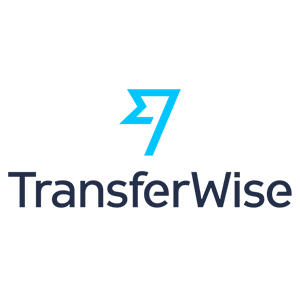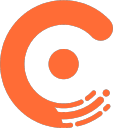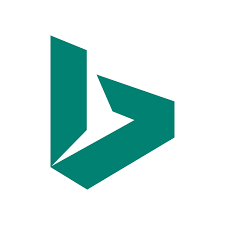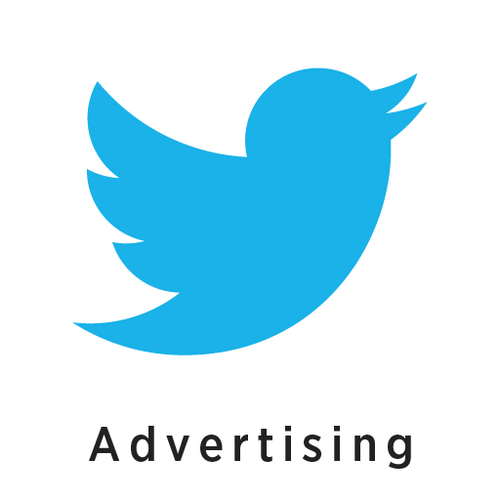How I Started a $150K/Month Ticketing Platform That Sells More Than 5 Million Tickets A Year Worldwide
Hello! Who are you and what business did you start?
Hey, I’m Jonny, the founder, and CEO of Ticket Tailor. We make it easy and affordable for event creators to sell tickets online. We’ve been growing steadily for ten years and today our platform issues more than 5 million tickets a year for events worldwide. We have a great team of twelve people and are based in London, UK.

What's your backstory and how did you come up with the idea?
Back in 2005, I was a student at Birmingham University UK studying software engineering. It’s a big city, with a large student population and lots going on – as a music fan I was keen to get stuck into what was on offer beyond the cheesy student nights.
In those days,...
































